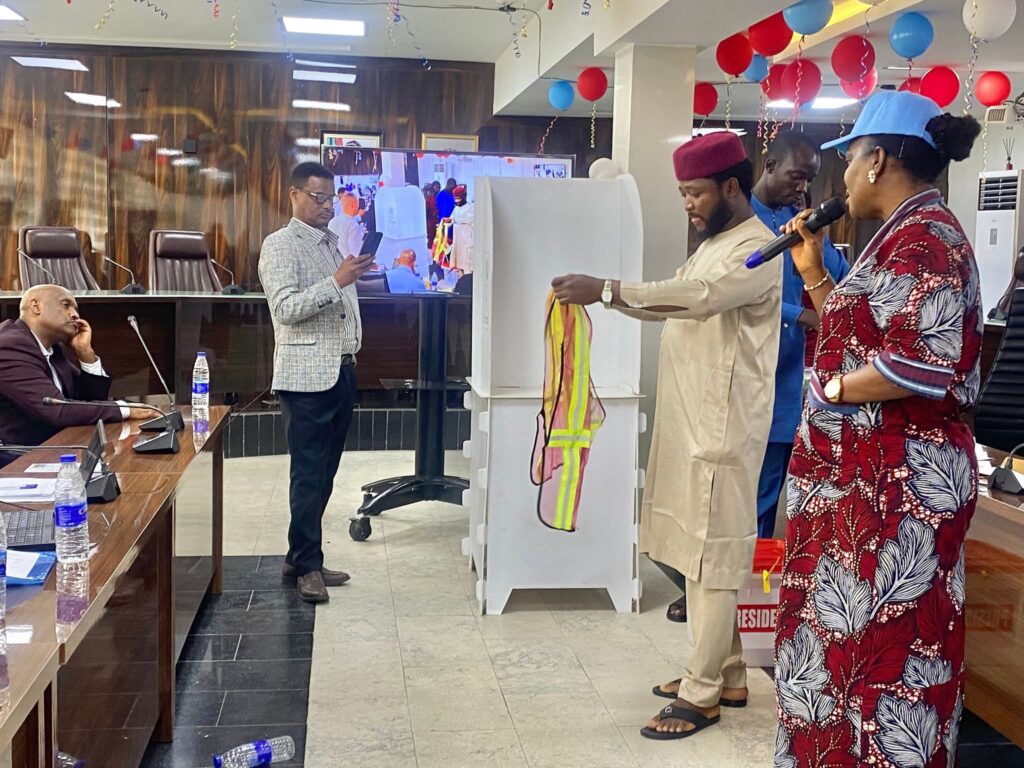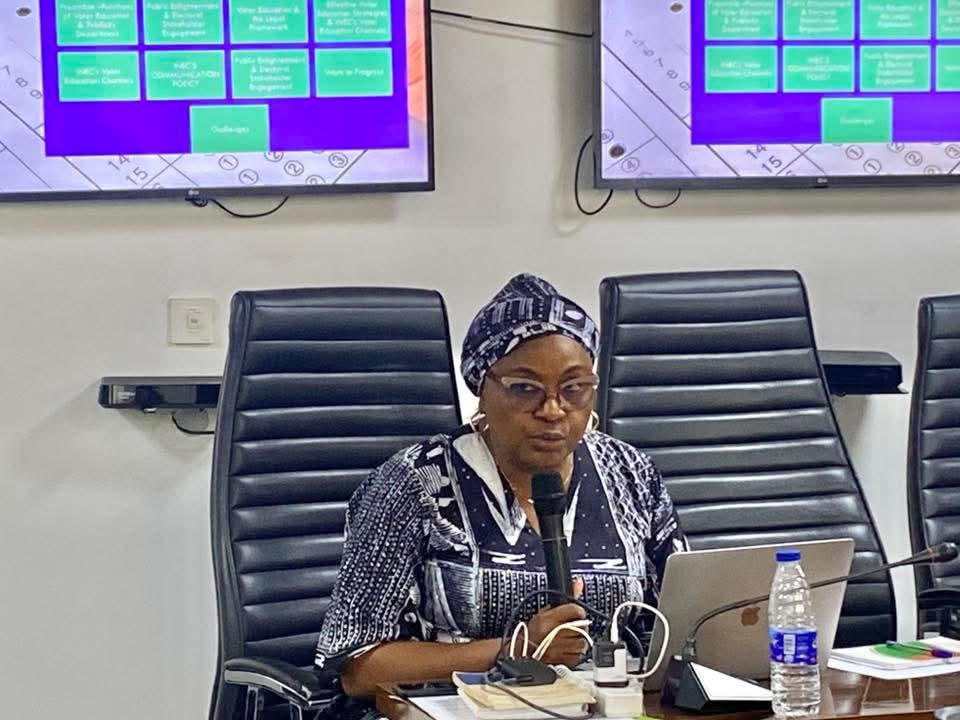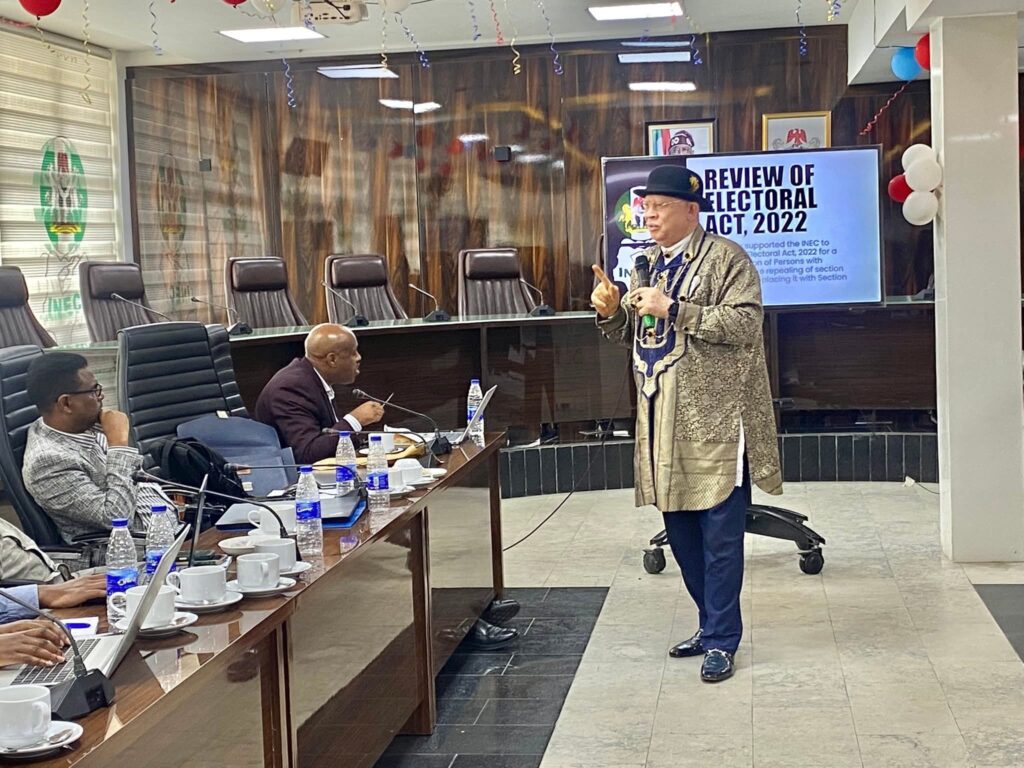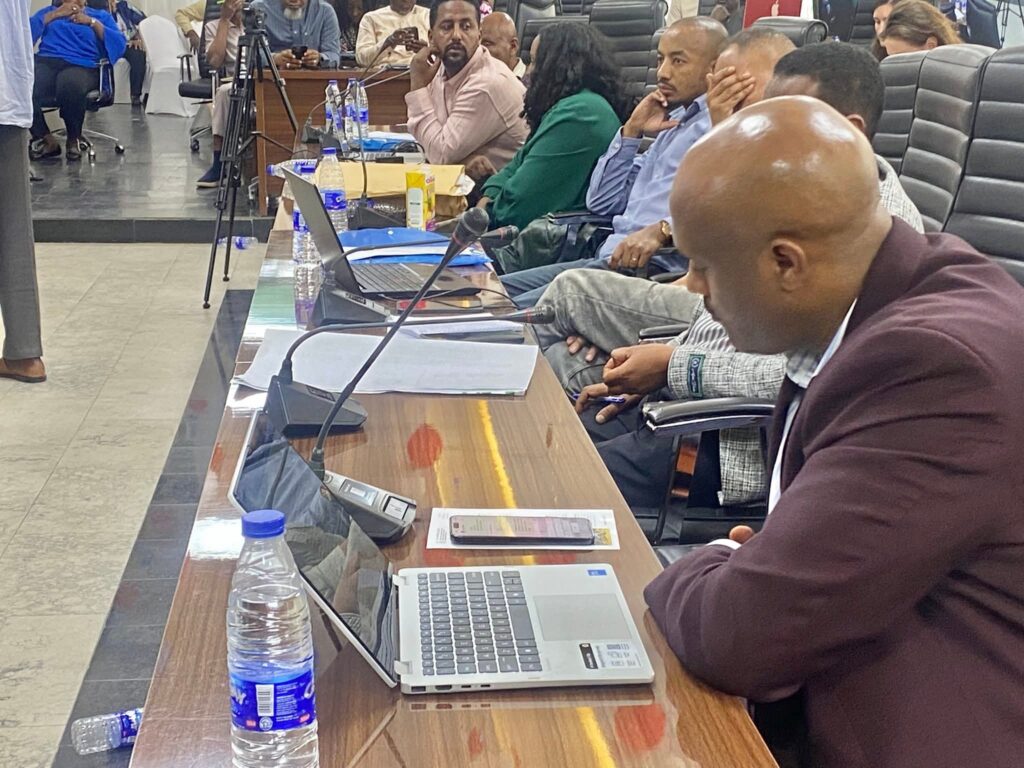
INEC holds Experience-Sharing Engagement with Ethiopian Delegation
The experience-sharing engagement between the Independent National Electoral Commission (INEC) and a joint delegation from the National Election Board of Ethiopia (NEBE) and the Coalition of Ethiopian Civil Society Organisations for Elections (CECOE) commenced on 7th October 2025.

The opening sessions provided in-depth insights into the legal frameworks governing the conduct of elections in both Nigeria and Ethiopia. Particular emphasis was placed on the Nigerian Electoral Legal Framework and the Electoral Adjudication Process, offering participants a comparative understanding of institutional approach to electoral justice.

Also central to the discussions are Nigeria’s approach to inclusive electoral participation, especially the inclusion of Internally Displaced Persons (IDPs), as well as strategies for effective stakeholder engagement to ensure transparent and participatory elections.
INEC Directors shared expert insights and field experiences, enriching discussions with practical examples from Nigeria’s electoral process.
In one of the sessions, Mrs. Victoria Eta-Messi, Director of Voter Education and Publicity, emphasized the pivotal role of voter education in strengthening democracy. She underscored the pressing need to combat issues such as misinformation and voter apathy, noting that effective solutions require collaborative efforts, inclusive outreach strategies, and capacity building for electoral personnel.

In addition to the technical sessions, the Ethiopian delegates engaged in roundtable discussions with key electoral stakeholders, including representatives from Civil Society Organizations (CSOs), the media, and political parties. These discussions were held within the framework of INEC’s regular quarterly consultative meetings, offering the delegation firsthand exposure to Nigeria’s model of multi-stakeholder electoral dialogue.
The experience-sharing program continues tomorrow, with upcoming sessions expected to explore election logistics, the use of technology in elections and more.


